What happened in hardware this week
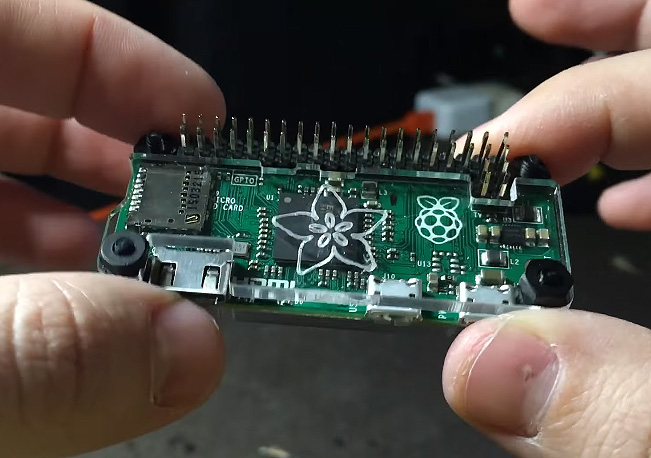
The biggest news this past couple of weeks (for us) is that Maximum PC has successfully merged with PC Gamer—we're now powering PC Gamer's Hardware channel! There were some minor bumps in the initial transition, and while we're still figuring some things out, we expect mostly smooth sailing going forward.
Outside of our own little world, there was plenty happening in the tech sector since we've settled into our new home, both for consumers and developers. If you've been following us for some time, then you know that normally we'd recap the major headlines from the past week. We didn't get a chance to do that last week due to the transition, so here's a look back at some of the more notable stories for the first half of April.
_______________________________________________________
Crafty gamer mods Game Boy into awesome emulator using Raspberry Pi Zero
There are a lot of things you can do with a Raspberry Pi, like build an inexpensive streaming PC or, as is also popular, retro gaming. A YouTube user who goes by the name "Wermy" chose the latter route by turning an old Game Boy into an emulator that can play hundreds of games, though he went the extra mile with his mod.
The Cliff Notes version is that Wermy took an original Game Boy, gutted it, and rebuilt it as something awesome using a Raspberry Pi Zero, the least expensive Raspberry Pi model available at just $5.
Nvidia Pascal rumors point to three high-end desktop GP104 GPUs in June
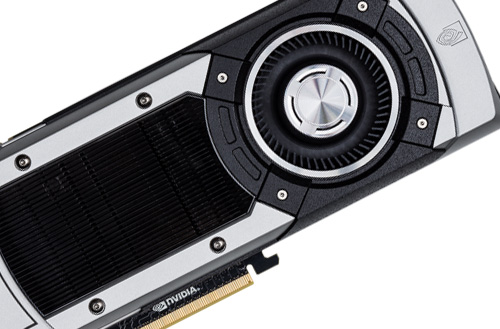
Nvidia gave us our first in-depth look at Pascal last week at its 2016 GPU Technology Conference when it announced the Tesla P100, a potent data center accelerator for high-performance computing (HPC) and hyperscale workloads. That only made us more anxious to see Pascal prance over to the desktop, and come June, Nvidia may launch three gaming videocards powered by Pascal.
The rumors are starting to heat up as we get closer to Pascal's impending launch to consumers.According to HardwareBattle, Nvidia is planning to replace three of its high-end cards with upgraded Pascal parts in June. The parts to be replaced include the GeForce GTX 980 Ti, GTX 980, and GTX 970.
Facebook shows off Oculus photo spheres and... VR selfie stick

Facebook just concluded its annual F8 developer conference in San Francisco, with sessions on commerce, monetization… and some other stuff that's not really our wheelhouse. Of substantially more interest are some of the VR demonstrations designed to showcase the scope of the technology. Gaming in VR is just one part of the picture, and as the owner of a pretty big social networking platform, more casual shared experiences are one of Facebook's major goals. And to that end, we bring you… the VR selfie stick.
Keep up to date with the most important stories and the best deals, as picked by the PC Gamer team.
Okay, before you roll your eyes right out of your head, the 3D photo spheres and virtual interactions shown during the day 2 keynote—which you can watch here, starting at around the 19 minute mark—actually show some promise. In the demonstration, Facebook CTO Mike Schroepfer communicates with Mike Booth, located remotely at Facebook HQ, using an Oculus Rift with Touch controllers. They manipulate objects, pull up 3D photo spheres—recorded using a new VR camera Facebook announced yesterday—and draw ties and other objects for their virtual avatars. Then they snap a virtual photo and are able to drop it into a Facebook post box to instantly share it with their followers.
Early Oculus Rift, HTC Vive launches off to slightly rough start
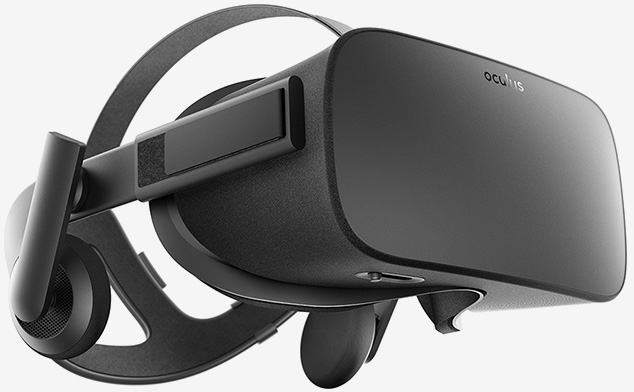
The two most anticipated VR headsets of the year—Oculus Rift and HTC Vive—are both experiencing some initial launch pains, though for different reasons. One is dealing with shipping issues while the other had some difficulty processing payments. The good news is, these are temporary hiccups, and rather minor in the grand scheme of things.
Starting with the Oculus Rift, some early adopters who pre-ordered a headset started to grow antsy when their orders didn't show up on time. To make matters worse, Oculus was initially quiet on the matter. Meanwhile, some buyers noticed that their shipping charges had been reversed, leading them to wonder what Oculus was up to. It's said that silence is golden, but in this case, the silence from Oculus was outright maddening.
Phanteks Power Combo paves way for two PSUs in a single PC
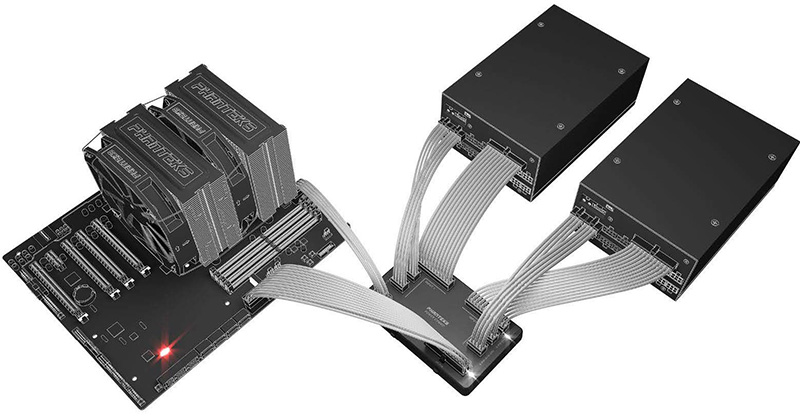
If you're planning to build the baddest rig on the block, one that's so chock full of high-end components that you're afraid a single power supply won't do the trick, Phanteks has a possible solution. It's the Power Combo, a little plug-and-play card that serves as the in-between for two PSUs and your system components.
We can't imagine there are many setups that could use such a thing, especially in that type of scenario since there are PSU options above 1000W available for the home consumer. EVGA and others even offer 1600W models. The other selling point from the perspective of Phanteks is that you could run two less expensive power supplies rather than breaking the bank on a single, higher end PSU.
You can now stream PlayStation 4 games to your Windows PC or Mac

It's no secret that our gaming platform of choice is the PC, but we get it: there are some fun games on the consoles, too. And now they're all playable on your PC, too. You can now stream games from the PS4 to a Windows system (or Mac, if that's what you're rocking).
Xbox One owners have been able to do this for several months now, and now so can anyone with a PS4. Remote Play is the main feature (as far as we're concerned) included in Sony's 3.50 firmware for the PS4, which has begun rolling out.
PC shipments decline for sixth consecutive quarter, but gaming PCs are on the rise
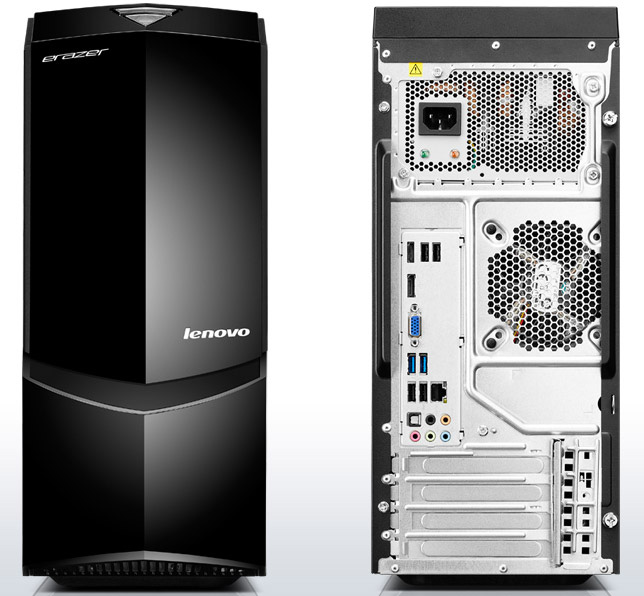
As you traverse the web, you might encounter some doom and gloom headlines lamenting what appears to be the sorry state of the PC based on declining shipments. We've heard this narrative before, and while PC sales may be down, gaming PC sales are still ticking over just fine.
Gartner and IDC are the two big tracking firms that routinely report on PC shipments around the world every quarter, and both have some updated numbers to share. According to Gartner, preliminary number crunching suggests that worldwide PC shipments totaled 64.8 million units in the first quarter of 2016, down 9.6 percent from the same quarter a year ago. If that stands true when the final numbers are tallied, it will represent the sixth consecutive quarter of PC shipment declines. It will also be the first time since 2007 that PC shipments dipped below 65 million units.
HP's decked out Z Workstation tackles VR content creation
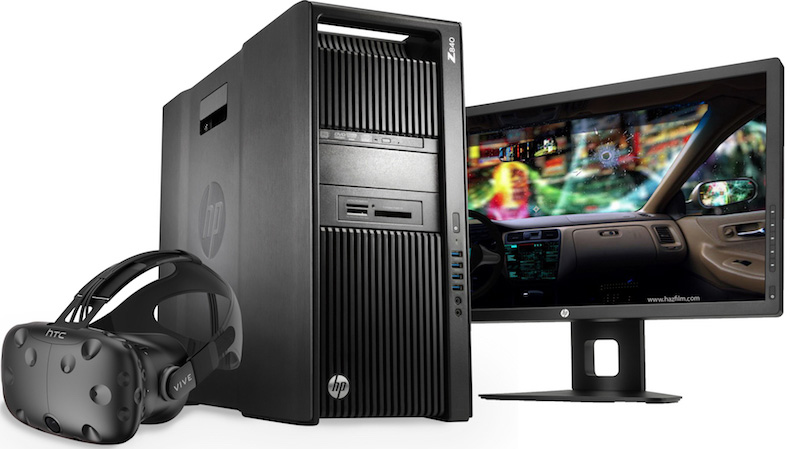
You could almost hear the collective groans from consumers when Oculus first revealed the price of its Rift headset, and then again when HTC did the same for Vive. If you were struck by sticker shock, try being a developer—HP this week announced a new line of Nvidia VR-Ready Z Workstations starting out at $4,363.
Nvidia's pushing its VR-Ready initiative pretty hard. On the mobile side, there are laptop solutions like MSI's new WT72 mobile workstation priced between $5,499 and $6,899, and now HP is tackling the desktop angle.
These are potent workstations that developers can equip with up to a 22-core Intel Xeon E5-2600 v4 CPU (or up to dual CPUs that generate less heat), up to 256GB of DDR4 memory or 1TB of LRDDR4, and up to two Nvidia Quadro M6000 24GB graphics cards in SLI.
MSI targets professionals with Nvidia VR-ready mobile workstation
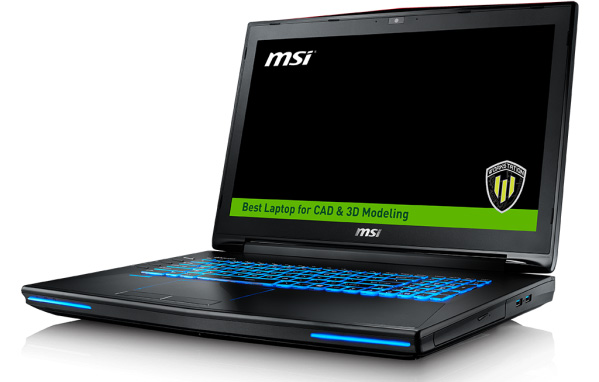
In case you haven't noticed—maybe you're waking up from a coma or just returned to civilization after deciding to go off the grid for a spell—virtual reality is a pretty big deal right now. The VR bandwagon is bursting at the seems with so many players on board, though most of the solutions up to this point have focused on the home consumer. That isn't so with MSI's new WT72, a system it's pitching as the world's first professional NVIDIA VR Ready mobile workstation.
Nvidia's VR Ready program is largely a marketing play to help buyers identify systems that meet a certain set of requirements to "deliver an optimal VR experience." For laptops, Nvidia's VR Ready requirements call for an Intel Core i7-6700HQ or greater processor, GeForce GTX 980 or higher GPU, 8GB+ of RAM, three USB 3.0 ports, HDMI 1.3 output, and Windows 7 SP1 64-bit or higher.
Razer sends wireless ManO'War headset for gamers into battle
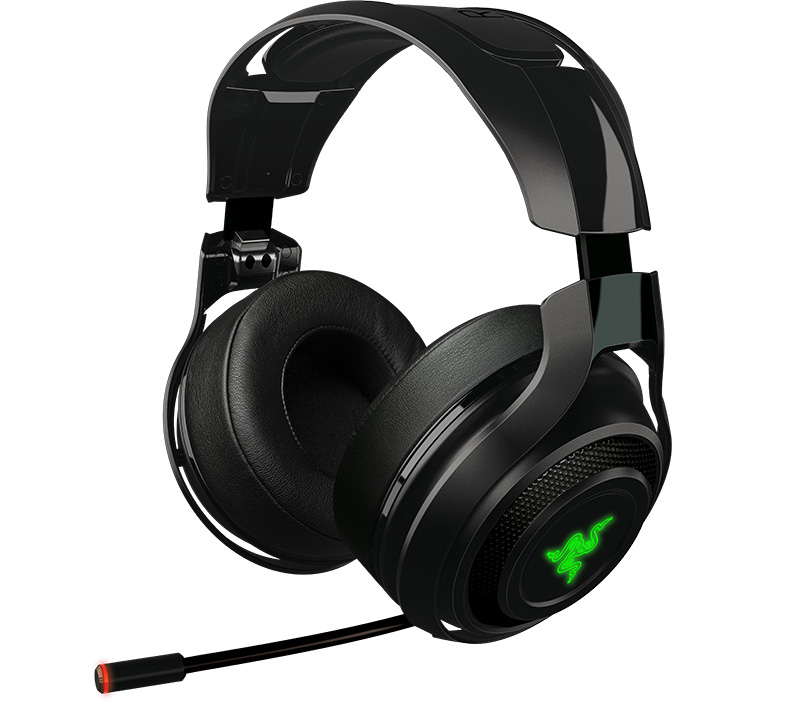
Razer today announced the addition of a new wireless gaming headset to its growing line of audio products. It's called the ManO'War and according to Razer, it's less susceptible to interference and audio dropouts than the competition.
If that's been a problem with other wireless headsets you've tried, the ManO'War might be worth a look. It automatically scans channels on the 2.4GHz band to locate and attach to the clearest one, and uses an "advanced coding algorithm" for what Razer promises is lag-free performance.
Riotoro's ultra-compact Prism CR1080 case swallows full-size ATX components

If you're wanting to build a system with full-size ATX components but don't have space for a hulking full-tower or even a mid-tower chassis, don't fret, there are solutions out there. One of them appears to be Riotoro's CR1080, an ultra-compact enclosure that measures just 9.6 x 14.1 x 15.5 inches (WxHxD).
You're probably thinking, "Rio-who?" Riotoro is a relatively new outfit founded in 2015 and based in Los Angeles, California. It builds cases and peripherals like mechanical keyboards, gaming mice, and fans.
Eurocom's Monster 4 is a 14-inch ultraportable laptop with gaming chops
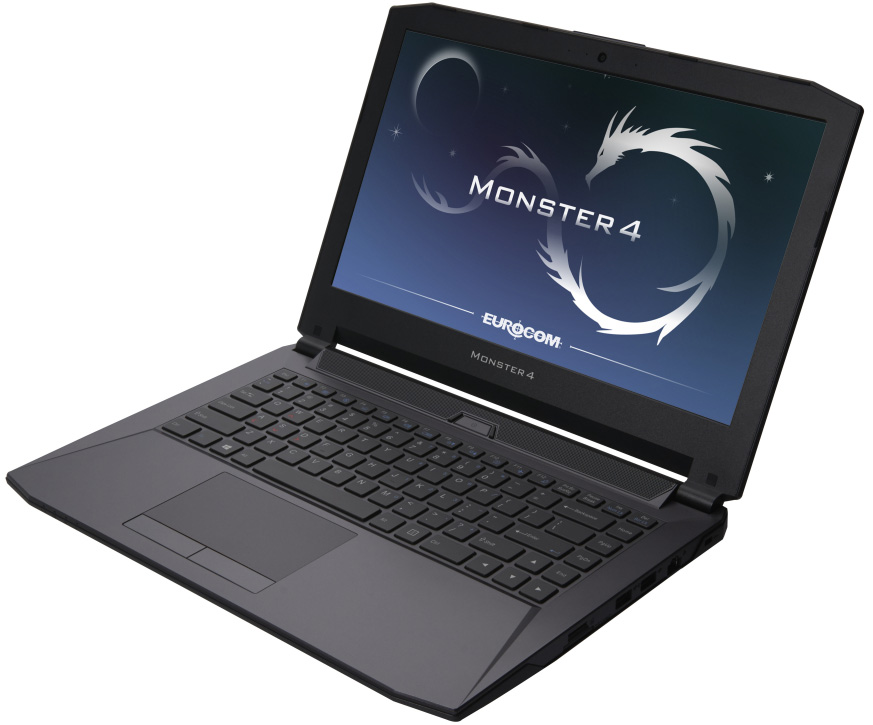
Gaming laptops don't have to be big, massive machines that cause you to throw your back out every time you lug 'em around. Today's thin-and-light systems actually pack enough power for decent gaming, as the specs of Eurocom's 14-inch Monster 4 show. Eurocom announced the system today: a 14-inch laptop with Nvidia GeForce GTX 970M graphics and either a 1080p or 1440p panel, with a 1-inch thick upgradeable chassis. Not too bad for 4.4 pounds (2kg).
Buyers have a choice between an Intel Core i7-6700HQ (2.6GHz to 3.5GHz, 6MB cache) or Core i7-6820HK (2.7GHz to 3.6GHz, 8MB cache), both quad-core parts based on Intel's Skylake architecture. You can pair it with up to 32GB of DDR4-2133 memory.
Lian Li promises better cable management with PC-J60 case
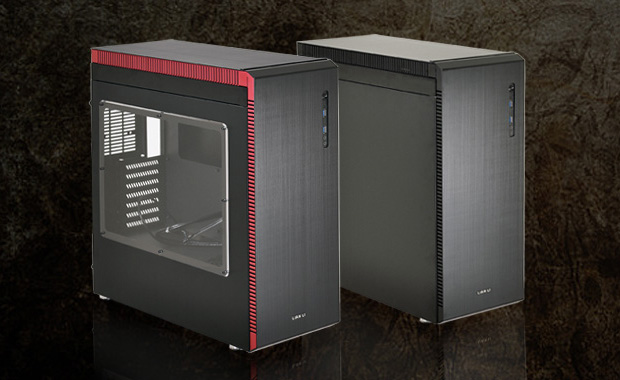
Before kids spent all their time glued to a tablet or smartphone, they had actual toys. We're talking Legos, Lincoln Logs, He-Man figures, Micro Machines, and a wide assortment of cool stuff strewn about the bedroom. When the order came from mom to clean up your room, the quickest way to do that was by shoving everything under the bed or behind a closet door. Some of those same kids grew up to be computer case designers, hence cases like Lian Li's newPC-J60.
The PC-J60 is the first in a new series of cases that "conceals clutter easily." In this case, the under-the-bed option is a large aluminum cover that conceals the PSU and two drive racks along the bottom panel. Both are shrouded from view, as are the cables that snake to and from them. Out of sight, out of mind.
AMD readies mobile 'Bristol Ridge' APUs with faster graphics
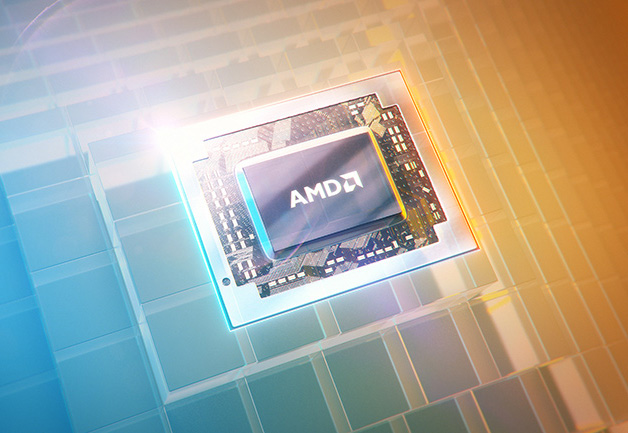
We're all waiting for AMD's Zen architecture to arrive on desktop later this year, but in the meantime, the Sunnyvale chip designer has something for the mobile crowd—Bristol Ridge. That's the codename for its 7th generation A-series APUs designed for laptops, which AMD sort of pre-announced today.
Bristol Ridge APUs won't arrive in full force until this summer, though AMD announced their early availability today, which is timed to support a new laptop model by HP. AMD also provided some details about Bristol Ridge.
Google Fiber reneges on free Internet offer in Kansas City

The lucky residents of Kansas City were the first to be treated to Google's high-speed Fiber service, though being first doesn't necessarily come with special privileges. Just the opposite, Google Fiber has discontinued its free Internet service tier in the introductory city.
When Google Fiber first kicked things off in Kansas City, everyone was obviously excited about the 1Gbps tier for $70 per month (or $130 per month if bundling TV service), but there was also a Basic Internet tier that delivered 5Mbps download and 1Mbps upload speeds at no monthly cost. The caveat was a one-time $300 construction fee, which could be broken up into a dozen $25 monthly payments.
Leaked Senate bill attacks end-to-end encryption

A draft of a US senate bill was leaked online today, which would compel providers of end-to-end encryption technology to be able to decrypt users' data if given a court order. The bill, called the 'Compliance with Court Orders Act of 2016' and sponsored by Sen. Richard Burr (R-NC) and Dianne Feinstein (D-CA), would effectively kill privacy features provided by applications and services like WhatsApp.
The bill seems to be aimed at companies like Apple, which recently had a court standoff with the FBI over an encrypted iPhone. While the FBI backed out of the case after a third party was able to defeat the phone's security, the legal precedent of requiring companies to be able to decrypt data when issued a court order was left on the table. This bill seems to be meant to take the fight out of the courts and bring it to Congress.
EVGA now offering low power versions of GeForce GTX 950
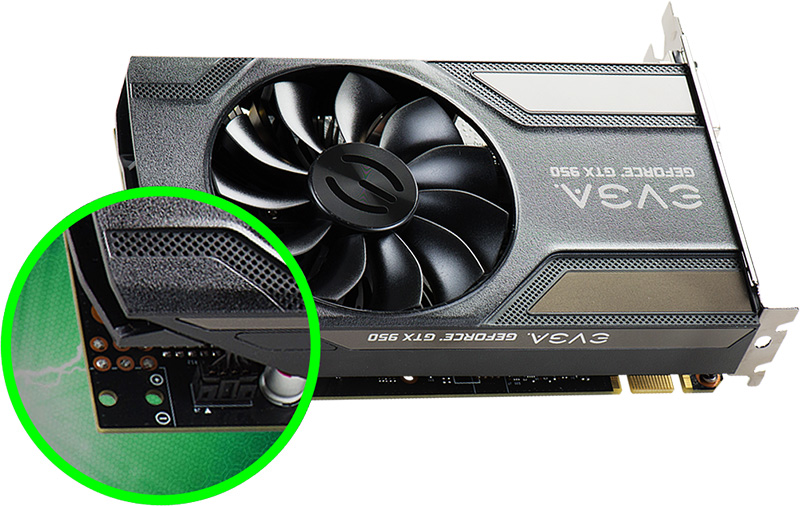
One thing you can count on from EVGA is that it's going to offer in the neighborhood of half a dozen different SKUs for any particular model graphics card, sometimes more. That includes EVGA's now 14 different SKUs of the somewhat spunky GeForce GTX 950. The newest of those models don't require a 6-pin power connector.
The number of GeForce GTX 950 cards in EVGA's stable ballooned to 14 with the introduction of eight new "low power" models, including four versions that don't need to be plugged into the power supply—they draw enough juice from the PCIe slot.
Samsung figures out key to faster, more power efficient DRAM
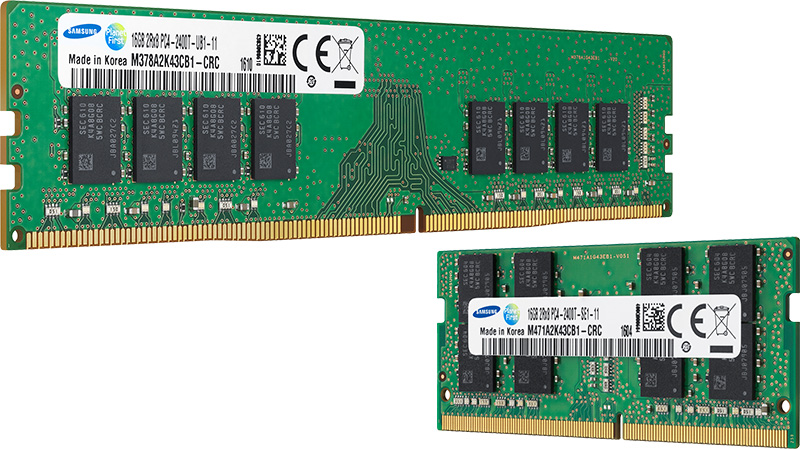
Samsung is in full gloat mode over having begun mass producing what it says is the industry's first 10-nanometer class, 8-gigabit DDR4 DRAM chips, along with full-fledged modules that use the new chips.
There are a few things to note here. The first is that these are not 10nm chips, but 10nm-class, which can mean anything from 10nm to 19nm. A source presumably "familiar with the matter" whispered to ZDNet hat they're 18nm chips, and that they're already shipping to clients.
Be that as it may, getting below 20nm isn't a piece of cake, hence why Samsung can make an announcement like this and competitors like Micron can't.
Corsair stretches warranties for some PSUs to 10 years
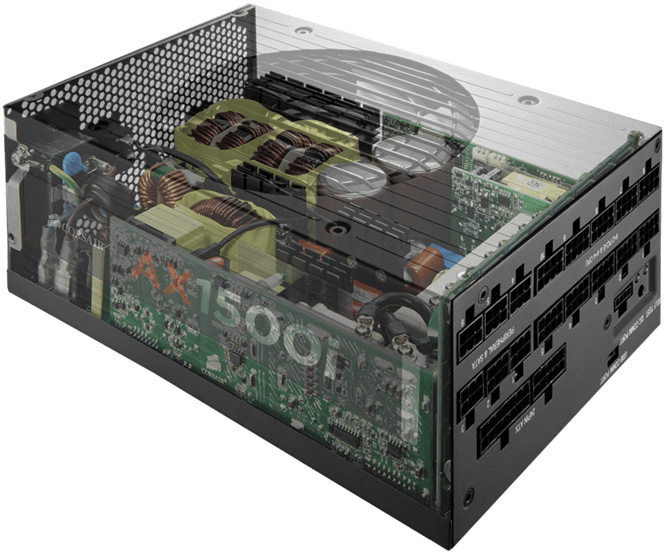
We can say from experience that not all power supplies are created equal. There are a few companies with reputations for putting out higher quality units. That list includes Corsair, which announced today that the company is extending the warranty period for several of its PSU models from 7 years to 10 years.
The new warranty period applies to all Corsair AXi, HXi, RMi, and RMx power supplies. If you buy one new, it'll be backed by 10 years, and if you already own one, you'll receive an additional 3 years of coverage. There's no additional registration or any other information required by current owners, either.
SteelSeries aims Apex M500 mechanical keyboard at thrifty esports competitors
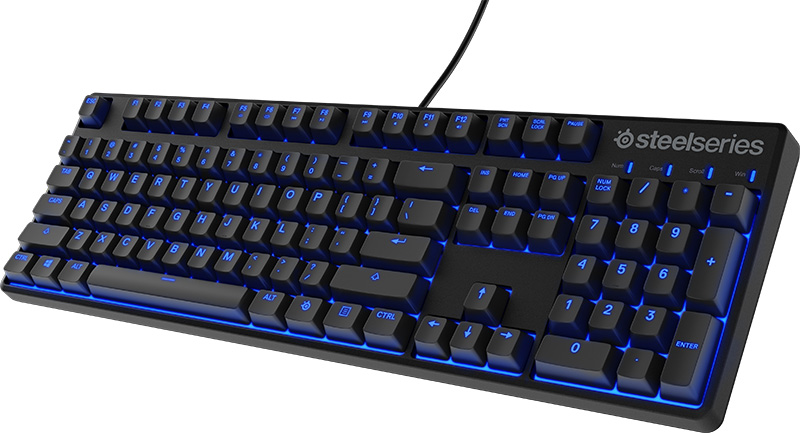
There's big money in esports, so it stands to reason there's big money in esports-branded peripherals, right? That's the logic hardware companies are following, anyway. Case in point: SteelSeries and its new Apex M500, a mechanical keyboard that it says is tournament-ready.
Beneath the buzzwords and phrases like 'esports' and 'tournament-ready' that SteelSeries throws around in its press release is a mechanical plank with Cherry MX Red key switches. Choice of key switch is of course a personal thing, though if limiting the choice to just a single kind, SteelSeries is probably right in choosing Cherry MX Reds. The Reds are one of two common linear switches (the other being Black). They have a low actuation force that many gamers like and are non-clicky, lacking the audible "click" feedback that Cherry MX Blues offer (a favorite of this editor). Check out our guide to mechanical switches if you find the differences confusing.
Paul has been playing PC games and raking his knuckles on computer hardware since the Commodore 64. He does not have any tattoos, but thinks it would be cool to get one that reads LOAD"*",8,1. In his off time, he rides motorcycles and wrestles alligators (only one of those is true).


